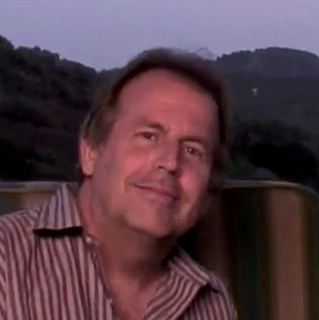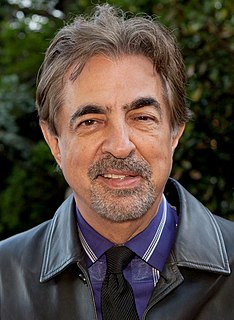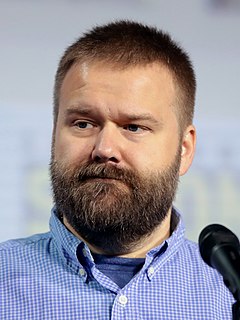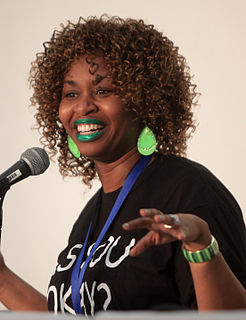A Quote by Terry Rossio
I'm tempted to say, 'Writing treatments is like designing a film by hiring six million monkeys to tear out pages of an encyclopedia, then you put the pages through a paper-shredder, randomly grab whatever intact lines are left, sing them in Italian to a Spanish deaf-mute, and then make story decisions with the guy via conference call.' But no... compared to writing treatments, that makes sense, too.
Related Quotes
I'm so used to artists saying to me, "Listen, I'm going to have five pages done next week," and then three weeks later I'm phoning them, begging them for two pages. And Stuart [Immonen]is a guy who will promise you five pages and deliver six pages, and the six pages are even better than you could have ever imagined.
I started writing because I wanted to write scripts, but I wasn't very good at it. Then I started writing short stories, sort of as treatments for the film scripts, and I found I enjoyed writing short stories far more than I enjoyed writing film scripts. Then the short stories got longer and longer and suddenly, I had novels.
It’s the opening of Manderlay in Cannes, and I’m sitting next to this guy who’s writing for a tiny fictitious French paper called ‘On the Sunny Side,’ and he’s writing a review on the film, and he’s obviously bored. Then he tells me about all the cars he owns, and how rich he is, and all these things... So, at a certain point, he says, "So what do you do?" Then I take out this very strange hammer we have in the Danish building business, and I say, "I kill." And then I kill him. It is as stupid as it sounds.
I might spend 100 pages trying to get to know the world I'm writing about: its contours, who are my main characters, what are their relationships to each other, and just trying to get a sense of what and who this book is about. Usually around that point of 100 pages, I start to feel like I'm lost, I have too much material, it's time to start making some choices. It's typically at that point that I sit down and try to make a formal outline and winnow out what's not working and what I'm most interested in, where the story seems to be going.
I once set myself a deadline: half a chapter a week, 20 minutes a day. The thought froze me instantly, like literary Botox. I returned to my non-schedule: sleeping, writing 20 minutes, and then back to sleep. Breakfast in bed, with juice congealing on the sill: pages and pages began to pour out again.
You're able to use a search engine, like Google or Bing or whatever. But those engines don't understand anything about pages that they give you; they essentially index the pages based on the words that you're searching, and then they intersect that with the words in your query, and they use some tricks to figure out which pages are more important than others. But they don't understand anything.
When you write comic books and when you are writing for television, you're not writing the end product, you are writing notes for someone else to make the end product essentially. My scripts are just directions for the artist to draw pages and the pages are what is seen. I kind of feel like it's a safety net, you're able to hide behind the art to a certain extent, and in television you're able to hide behind the actors and the production, but with novels, your words are it






































